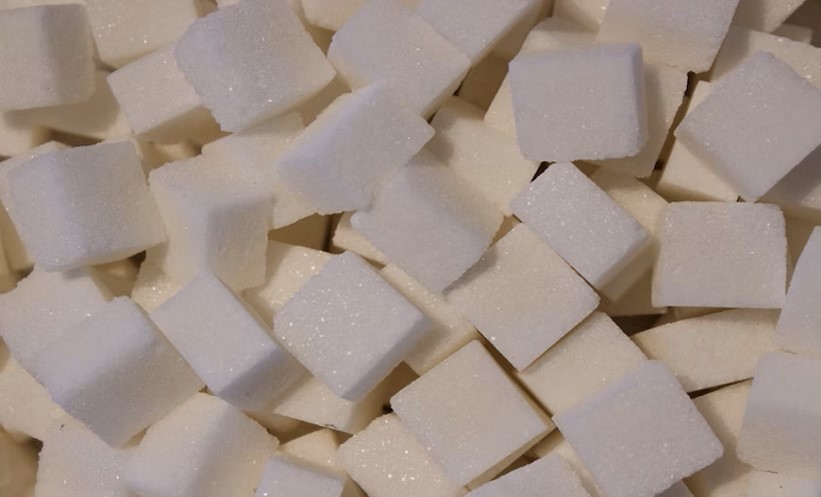PRECLINICAL studies have discovered that certain antibodies can alter the sugar composition of the gut, impacting microbes that reside there and leading to complications such as graft-versus-host disease (GVHD). The researchers further found that nutritional supplementation can prevent the antibiotic induction of GVHD in some preclinical models.
Broad-spectrum antibiotics are often given during allogenic stem cell transplantation (allo-HSCT) and have been linked to GVHD; however, the underlying reasons has remained unclear. This study investigated the treatment of allo-HSCT models with meropenem, a broad-spectrum antibiotic that results in a thinned colonic mucus layer and intestinal GVHD. This treatment caused significant dysbiosis in the microbiota, with the removal of beneficial bacteria and the expansion of specific bacterial species, including Bacteroides thetaiotaomicron, in the lining of the intestine.
When analysing the outcomes of their laboratory models, the researchers noted that meropenem induced a significant reduction in the sugar xylose found in gut. Following this observation, the researchers administered oral xylose as a nutritional supplement and noted that the intestinal lining thickened again as the B. thetaiotaomicron was able to preferentially consume sugar instead of the mucin lining.
“We are not aware of anyone previously trying a sugar supplementation strategy for suppressing gut inflammation from GVHD, so this offers a compelling, low-risk approach in helping allo-HSCT patients who need to be on broad-spectrum antibiotics in order to treat infections,” explained Robert Jenq, Associate Professor of Genomic Medicine, The University of Texas MD Anderson Cancer Center, Houston, USA. “This is a novel approach, and we are excited to work on translating this into human trials. If nutritional supplementation with specific sugars works the same way in humans, it could simplify the way we approach therapeutic strategies for similar complications.”
Unlike previous studies, this preclinical trial was able to identify the bacteria responsible for thinning the intestinal lining. It also provides further information about how sugar composition in the gut is impacted by antibiotic treatment. The authors stressed the importance of further research to understand how this approach can be utilised in human clinical trials.







